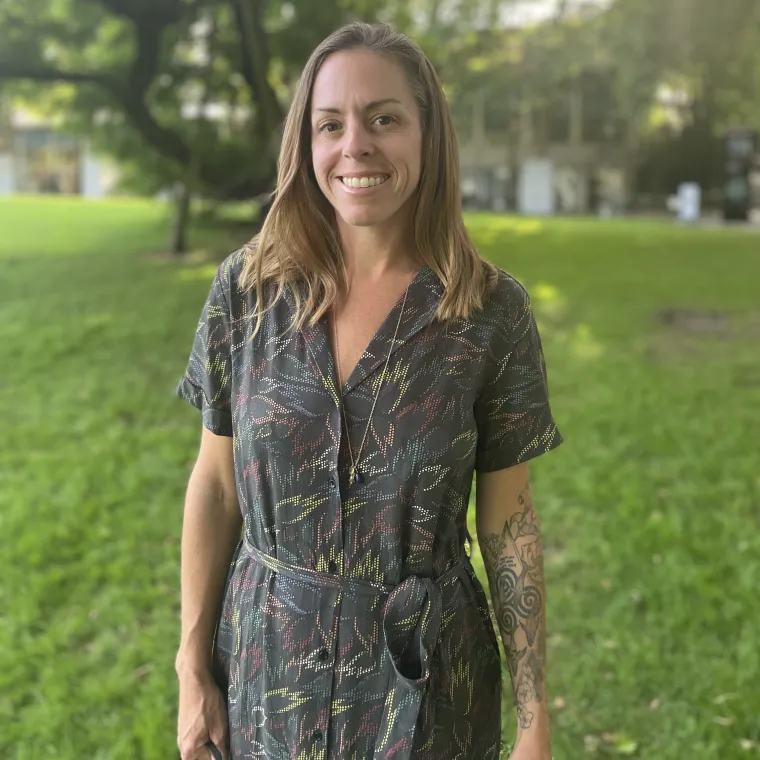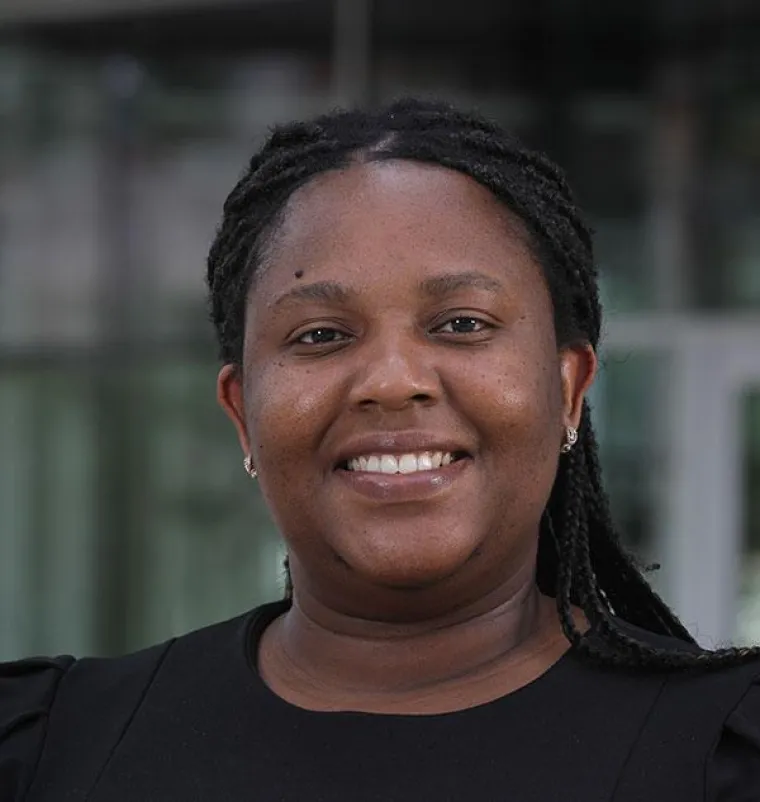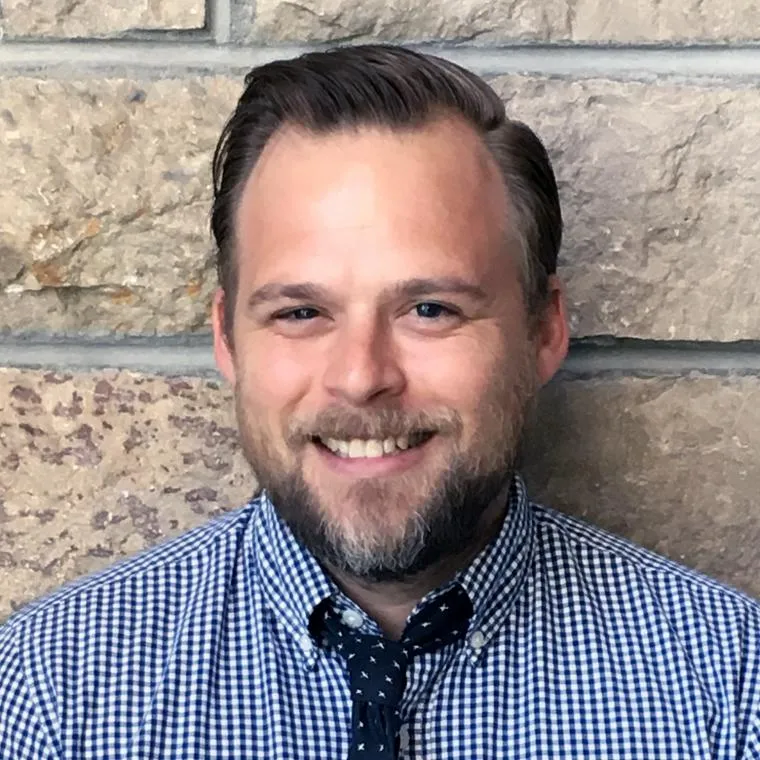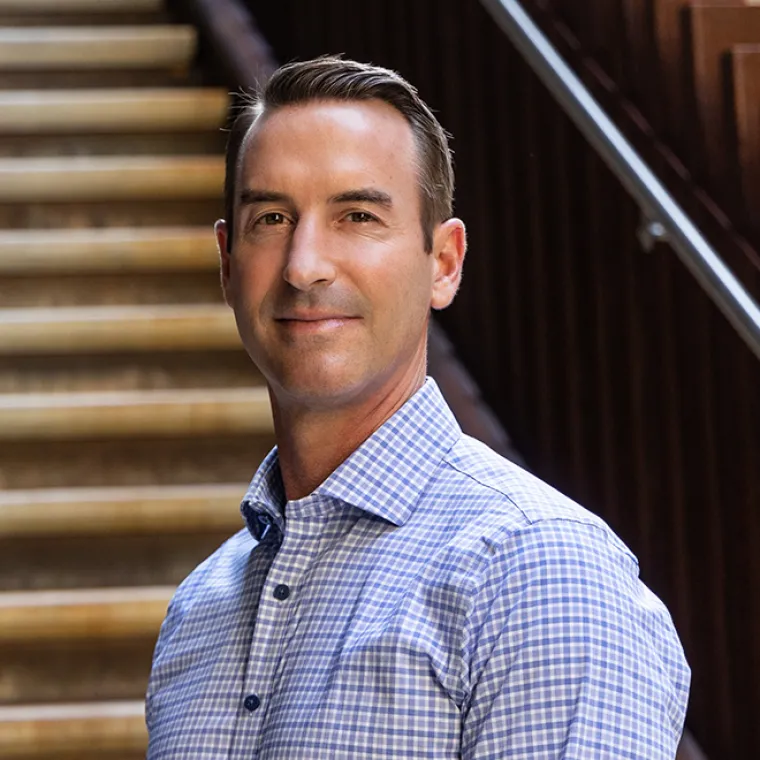Agriculture and Food Security
Niger Resilience and Agribusiness Master’s Program (N- RAMP)
The University of Arizona was recently awarded the 5-year (October 18, 2023-October 17, 2028), $6.9m USAID Niger Resilience and Agribusiness Masters Program (NRAMP). The NRAMP PI will be Dr. Mamadou Baro from the Bureau of Applied Research in Anthropology and the Co-PI will be Dr. Kevin Fitzsimmons from the College of Agriculture, Life and Environmental Sciences (CALES) with additional support from the College of Education, Southwest Institute for Research on Women (SIROW) and the School of Sociology. The purpose of NRAMP is to strengthen the human and institutional capacity of Nigerien public universities to design and deliver academic coursework leading to a Master’s Degree in Resilience and Agribusiness. The project goal is to develop high quality training and education in agribusiness by Nigerien public universities that is tailored to the opportunities and challenges in Niger’s complex risk environment and responsive to the needs of both students, particularly women and youth and Niger’s agribusiness sector. Core partners include Abdou Moumouni University, Niamey (UAM), University of Tahoua (UTA), University of Boubakar Bâ, Tilliberi (UBBTi), the Initiative Prospective Agricole et Rurale (IPAR), and Tango International (TANGO).
This project is part of the Arizona Initiative for Resilience and International Development (AIRID). AIRID brings together experts from across the university and around the world to forge research partnerships and develop solutions for today’s most pressing global challenges.
Location
Donor
Related People
Related Research
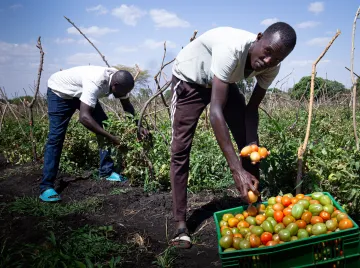
Zack Guido
Larry Fisher
Gregory Collins
Building Equitable and Resilient Urban Food Systems in Southern Africa
Urban food systems (UFS) in southern Africa comprise a hybrid mix of food sourcing opportunities from formal and informal food retailers, including open-air markets, street vendors, small shops, and supermarkets, as well as household-level strategies, such as urban agriculture and food sharing. Despite this diversity, many low- to middle-income urban households experience high rates of food insecurity due to a lack of sufficient and stable income to purchase adequate amounts of safe and nutritious food to meet their needs. Urban household incomes have become even more variable and unstable because of economic pressures associated with the COVID-19 pandemic, food price shocks linked to disrupted food supply chains, and the impacts of climate variability on regional food production. A UAz and southern Africa scholar-practitioner working group will develop a peer-reviewed synthesis paper in a special issue journal, an op-ed, and policy brief to assess the resilience and equitability of UFS in Zambia, South Africa, and Zimbabwe. Partners include members from the University of Cape Town, University of Zimbabwe, Indiana University, and Zambia Ministry of Agriculture. The working group will attend the Southern African Resilience Academy, which is hosted by the Centre of Sustainability Transitions at Stellenbosch University. The working group is funded by the Global Resilience Partnership.
Location
Donor
Related Research
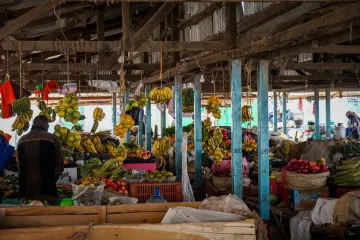
Gender, Power and Resilience in Bangladesh
The objectives of this research activity are to: (1) analyze resilience outcomes of the totality of SHOUHARDO’s interventions focused on women’s empowerment and social inclusion, (2) assess the dynamics of Sequencing, Layering and Integration (SLI) of SHOUHARDO interventions, (3) identify the factors that reduce the sustainability of SHOUHARDO interventions in women’s empowerment and social inclusion, and (4) assess the influence of SHOUHARDO programming on structural power imbalances. The University of Arizona will use mixed methods and community ethnography in eight communities in each of the Char and Haor regions.
Location
Donor
Related People
Related Research
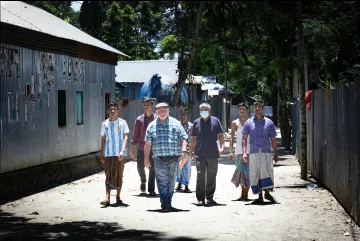
Tim Finan in Bangladesh on the Gender, Power and Resilience in Bangladesh project
Zack Guido


